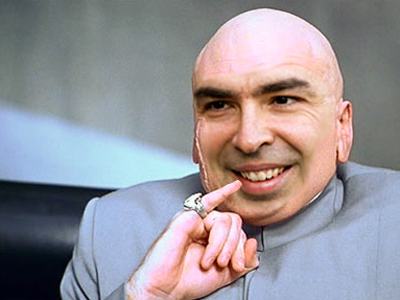Google's "Don't Be Evil" Hoax Continues: Paid Inclusion Blurs "Lines Between Ads And Search Results"
Yesterday, the Business Insider blog reported on Google’s latest detachment from its “don’t be evil” tagline: the introduction of paid inclusion in search results. This means that Google advertising products, which compete with general and vertical search engines, will look even more like organic search results, and users will find it even harder to distinguish between the two. This allows Google to place companies with whom they have a financial relationship near the top of the search results page without clearly notifying the consumer.
This is a stark departure from Google’s founding principles. In their 1998 Stanford thesis that provided the intellectual blueprint for Google, founders Sergey Brin and Larry Page wrote:
“The goals of the advertising business model do not always correspond to providing quality search to users… we expect that advertising funded search engines will be inherently biased towards the advertisers and away from the needs of the consumers.”
In its 2004 SEC registration for the company’s Initial Public Offering, Google said:
“We will do our best to provide the most relevant and useful search results possible, independent of financial incentives. Our search results will be objective and we will not accept payment for inclusion or ranking in them.
“Most portals show their own content above content elsewhere on the web. We feel that’s a conflict of interest, analogous to taking money for search results. Their search engine doesn’t necessarily provide the best results; it provides the portal’s results. Google conscientiously tries to stay away from that. We want to get you out of Google and to the right place as fast as possible. It’s a very different model.”
So much for “don’t be evil” as the official Google code of conduct. Consumers don’t get to see all choices available – potentially missing out on higher-quality, lower-priced options. Hotels that don’t cough up the money for preferential placement are excluded. And organic results for competing vertical search engines and hotels that do not pay for paid inclusion are pushed even further down the page.
Google’s new business model laid out in the company’s 2011 annual report states that “ads are just more answers to users’ queries.” But are they really in the user’s best interest?
Google’s latest product release provides further proof of why action is needed by the U.S. Federal Trade Commission and European Commission to stop Google from abusing its monopoly power by introducing less transparency in search results, more deceptive display of paid advertising with no clear user benefit, and a departure from the corporate ethics the company once says guided its actions.

